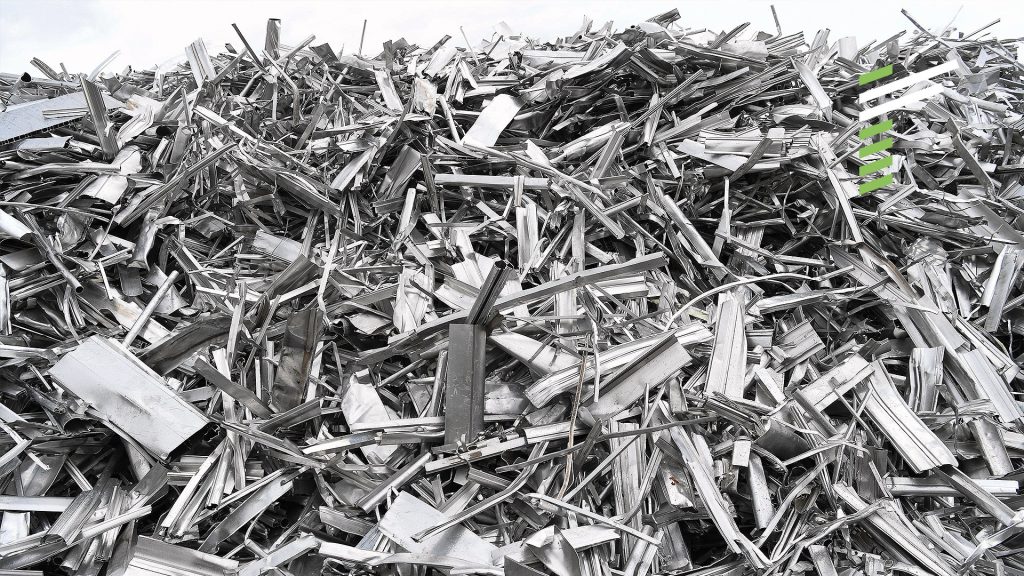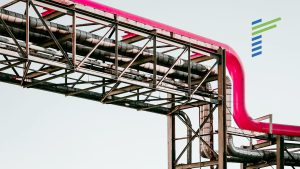At a Glance
After a 24-week project with Renoir, the client achieved the following:
- Shipping compliance improved from 30% to 70%
- Alloy production as per plan compliance increased from 64% to 90%
- Reduction in excess melt loss by 50% over baseline
- Floating quality audit compliance has improved from 74% to 100%
- Charging sequence compliance increased from 70% to 95%
Background
The client is one of India’s largest producers of aluminum and zinc die-casting alloys with a combined annual capacity of over 218,000 MT. It commenced its business in 2006 and is presently operating through seven manufacturing plants, including two joint ventures.
The Challenge
The client’s business is relatively complex, relying on imported aluminum scrap from the international market but supplying to local auto manufacturers. On the demand side, the company operates in a just-in-time model, whereas the supply of feedstock has very long lead times. As such, optimizing inventory levels is a challenge.
Although a new entrant in the market, the client has grown exponentially in the past decade to become one of the largest producers of aluminum and zinc die casting alloys. To retain competitive and leadership advantage, it was important to review and improve the company’s existing processes and management control systems.
What We Did
Renoir began the project with a 2-week analysis at the Head office where procurement and supply chain were being managed for two of their key plants in India. The key findings of the analysis were:
Supply Chain
| Production
|
Procurement & Supply Chain
| Plants
|

Improve Sales Processes and Operations to Achieve Sales KPIs


Improve Sales Processes and Operations to Achieve Sales KPIs

Ready for a change in your organisation?
Project Approach
Renoir carried out a 24-week programme,“RAFTAAR” (Rapid Action for Timely and Accurate Results), to develop and implement improved systems and processes for the client’s supply chain, purchasing and production on three of its sites. Three Management Action Teams (MATs) were formed; one for supply chain and procurement and one each for production at their two key manufacturing sites.
To initiate change, Renoir also conducted a preliminary 9-week Focus Process® to engage the entire organization and to foster understanding and ownership of the existing issues. This ensured successful solution development and implementation of various exercises (including brainstorming sessions, observational studies and data studies) were conducted to determine the biggest opportunities for improvement. These helped the organization agree and prioritize the pain points, allowing teams to adopt a more proactive approach.
“Renoir systems have helped improve performance in plant operations and create a culture of responsibility, accountability and transparency. It set up a learning organization structure and a platform for continuous improvement.”
Managing Director
Sustainable Results
The client’s employees were engaged at every stage, and support from management ensured that any resistance to change was addressed.
After the solutions were tested in a real environment, extensive training was provided for the roll out. This helped staff become familiar with and readily accept new working practices.
The key solutions implemented in Supply Chain were:
- Cross functional reviews with Production, Marketing and Procurement and Logistics to improve communication and control
- A short interval control system to monitor shipping and logistics.
- Inventory models to control raw material and Finished Good Inventory
- Performance scorecards for suppliers and logistics service providers
- Process simplification to compress planning cycles
Meanwhile, a few solutions implemented at the plants included:
- Short interval control systems to monitor and control productivity, quality and process compliance in Cold and Hot Refining.
- A root Cause analysis system to systematically identify causes of deviations and formulate corrective and preventive actions.
- A daily performance review system to improve accountability.
As a result of these solutions, sustainability was achieved; first by setting up an Operations Excellence team with members who were involved full time as a ‘Taskforce’. The second way was to create a robust systematic auditing process. Audits tracked compliance, usage and understanding of the organization in its processes and systems. This ensured long-term sustainability of the key activities that supported and improved performance.
Streamline supply chain processes with enhanced performance management.










